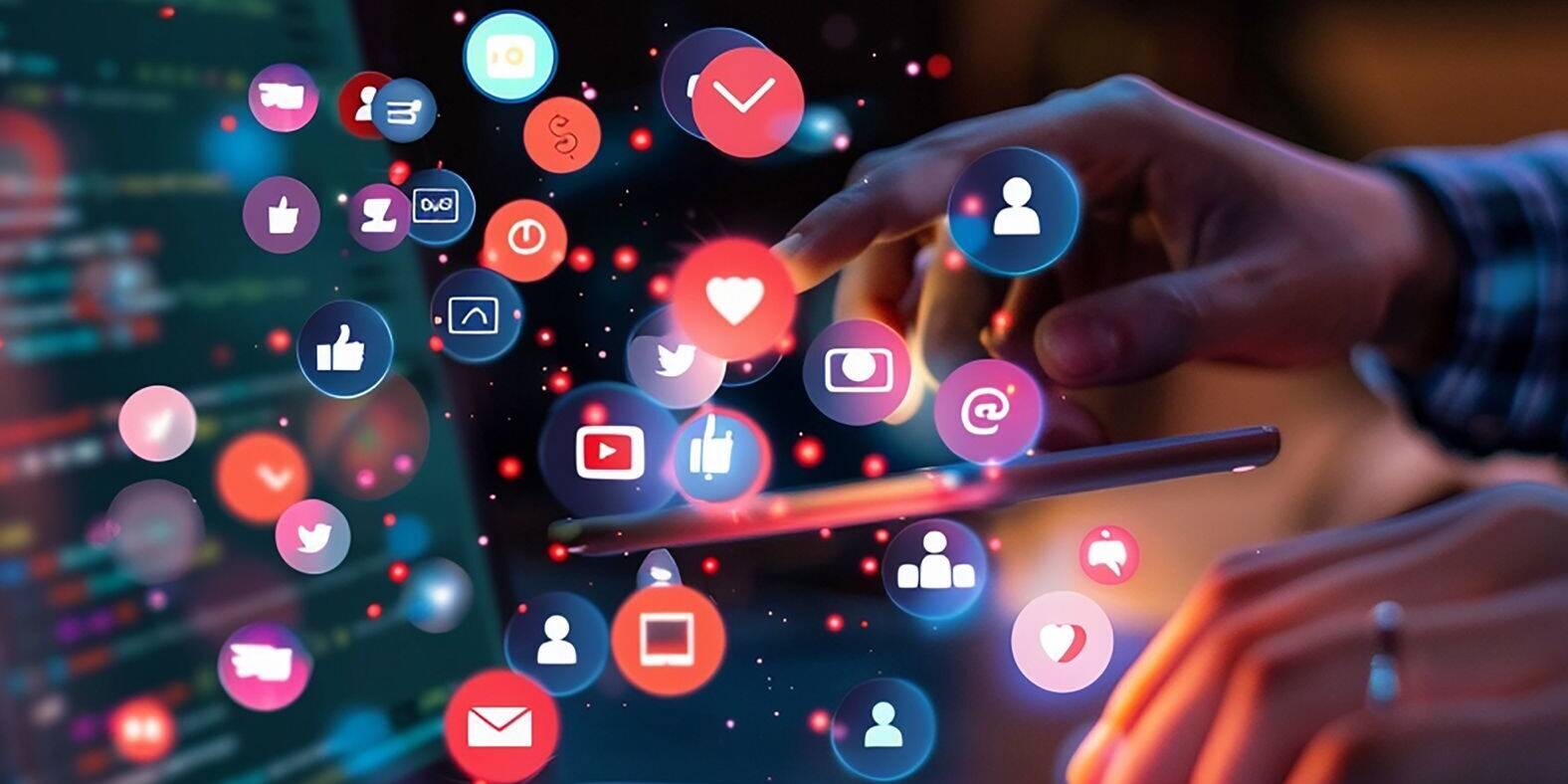AI could replace the equivalent of 300 million full-time jobs (report by global investment bank Goldman Sachs). Since the emergence of strong generative AI tools like ChatGPT, Google Bard, etc., it has become a topic of discussion whether these advanced technologies will eventually replace humans in the workplace.
AI technology is revolutionizing the customer experience for companies of every kind and sector, including digital marketing. Because of the emergence of generative AI, marketers now have access to a whole new level of creativity and invention. However, this technology will have an impact on marketers in both ways. Let’s get an overview of how generative AI will change digital marketing in this article.
Generative AI has emerged as one of the most interesting and transformative technologies in recent years. Artificial intelligence (AI) is To understand how generative AI will change digital marketing, it is important to have a basic knowledge of generative AI.
The concept of generative artificial intelligence (AI) refers to algorithms (such as ChatGPT) that can generate fresh content such as audio, code, images, text, simulations, and videos. Generative AI is capable of creating completely fresh content from scratch. This makes it a valuable tool for digital marketers who are looking to very quickly, efficiently, and simply develop fresh, engaging content.
How Generative AI will change digital marketing
Text or Content Generation: Generative AI has revolutionized text and content production in digital marketing by enabling businesses to generate engaging and relevant content at scale. It can generate blog articles, social media postings, and product descriptions that resonate with the target audience using advanced language models, saving businesses time and resources.
Image and video generation: Generative AI has transformed image and video creation in digital marketing, providing unprecedented opportunities to generate engaging and personalized visual content. Generative AI can develop high-quality images that align with specified brand styles and target audience interests by employing effective algorithms.
Marketing Automation and SEO: Marketers can use generative AI to automate repetitive operations like keyword research, content optimization, and campaign administration. Businesses may also use AI algorithms to improve their SEO operations, boost organic search ranks, and offer personalized messages to their consumers, resulting in higher online exposure and conversions.
Customer support: Generative AI also alters customer assistance and personalization. Businesses may provide round-the-clock customer care by utilizing AI-powered chatbots and virtual assistants to quickly handle inquiries and resolve difficulties. Also, by analyzing client data and preferences, generative AI provides personalized marketing experiences, allowing organizations to send tailored content, suggestions, and offers, sustaining customer loyalty and improving sales growth.
Personalization at Scale: With generative AI, digital marketers can generate highly personalized content based on each customer’s interests, browsing behavior, and demographic data, which includes product suggestions, email campaigns, and targeted advertisements. This level of personalization enhances client engagement, conversion rates, and, as a result, business growth.
Real-Time Analytics and Insights: Modern marketing tactics rely significantly on data-driven decision-making. Generative AI not only creates content but also provides vital insights through real-time analytics. Businesses may gain better knowledge of client preferences and behaviors by analyzing customer interactions and responses to generative AI-driven marketing. These insights enable marketers to tailor their strategy, optimize efforts, and achieve greater outcomes.
Concerns About Using Generative AI:
Loss of Authenticity: While generative AI can generate pictures rapidly, there is a possibility of losing the authentic human touch that customers often value. Algorithm-generated images and films may lack actual emotions, personal connections, and distinctive perspectives that engage consumers. The absence of authenticity can lead to damaged brand identity and decreased trust among consumers, reducing the effectiveness of digital marketing activities.
User Experience Issues: While generative AI can automate the content creation process, there is a possibility that the entire user experience will suffer. Using AI-generated visuals may result in repetitive or generic material that fails to engage and fascinate consumers. Digital marketers must strike a balance by combining the creative expertise of human designers with the efficiency of generative AI to deliver high-quality, compelling content that resonates with their target audience.
When we asked Chat GPT about the accuracy of its data and whether it gives 100% correct and accurate data. It responded by stating that I do not have real-time access to current data and cannot guarantee 100% accuracy. While I strive to provide accurate and up-to-date information, there may be instances where the information provided is outdated or incorrect. Therefore, it’s always a good idea to verify any critical information from reliable sources or consult professionals in the relevant field.
Systemic biases still require attention: These systems use vast volumes of data, which could result in unintended biases.
Generative AI has the same potential for error as humans: For example, ChatGPT sometimes “hallucinates,” confidently generating totally incorrect information in response to a user inquiry and lacking any built-in method to alert the user or disagree with the result.
Microsoft’s AI-powered Bing made several mistakes in its demo and also According to a report from CNBC, Microsoft’s ChatGPT-powered Bing did miss some numbers while analyzing the earnings of the two companies.
Also, machine-generated content may be lacking in human originality and emotional intelligence, which can have an influence on brand perception and client loyalty. Based on insufficient or inaccurate data, AI systems might generate low-quality or inappropriate content. Regular testing, upgrading, and human monitoring help limit these potential risks.
Just like other things, generative AI also has pros and cons, and it will affect digital marketing in both ways.



